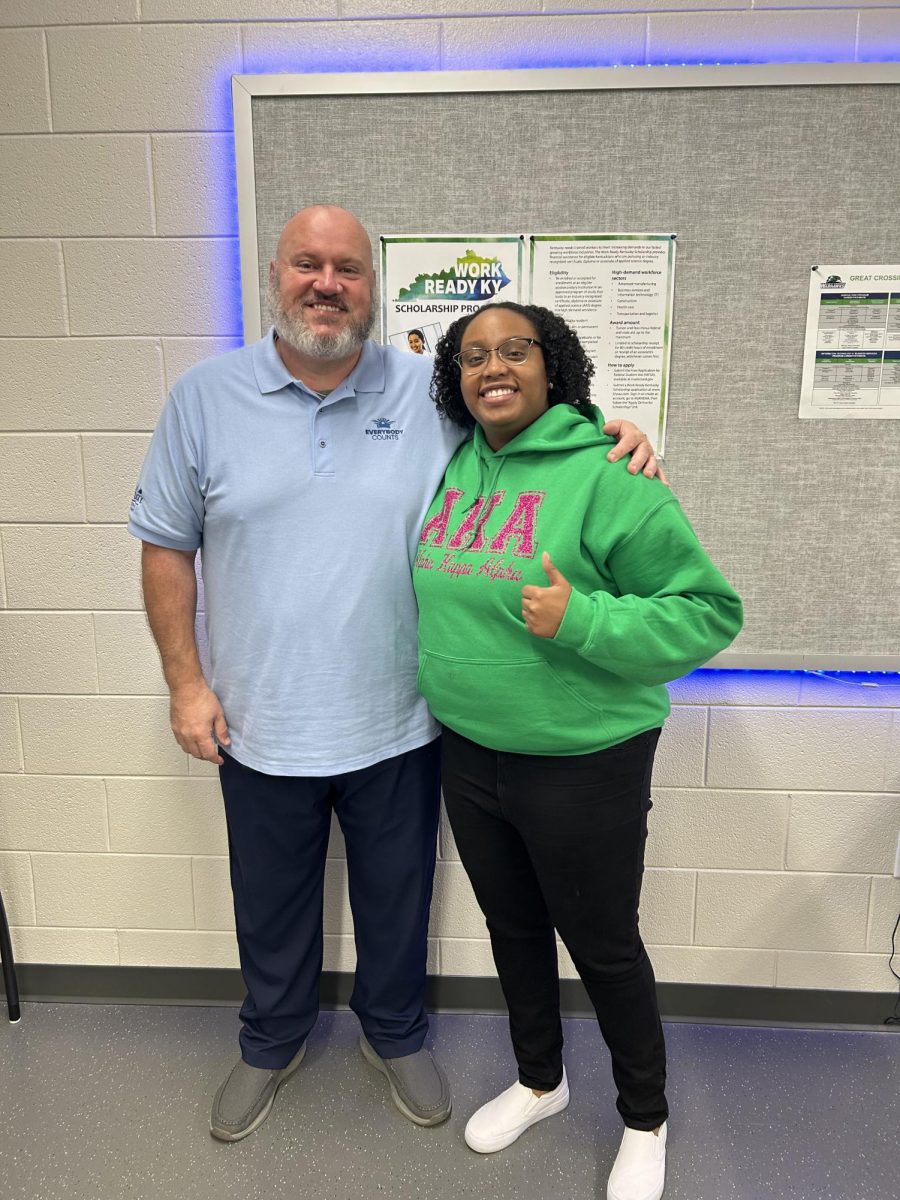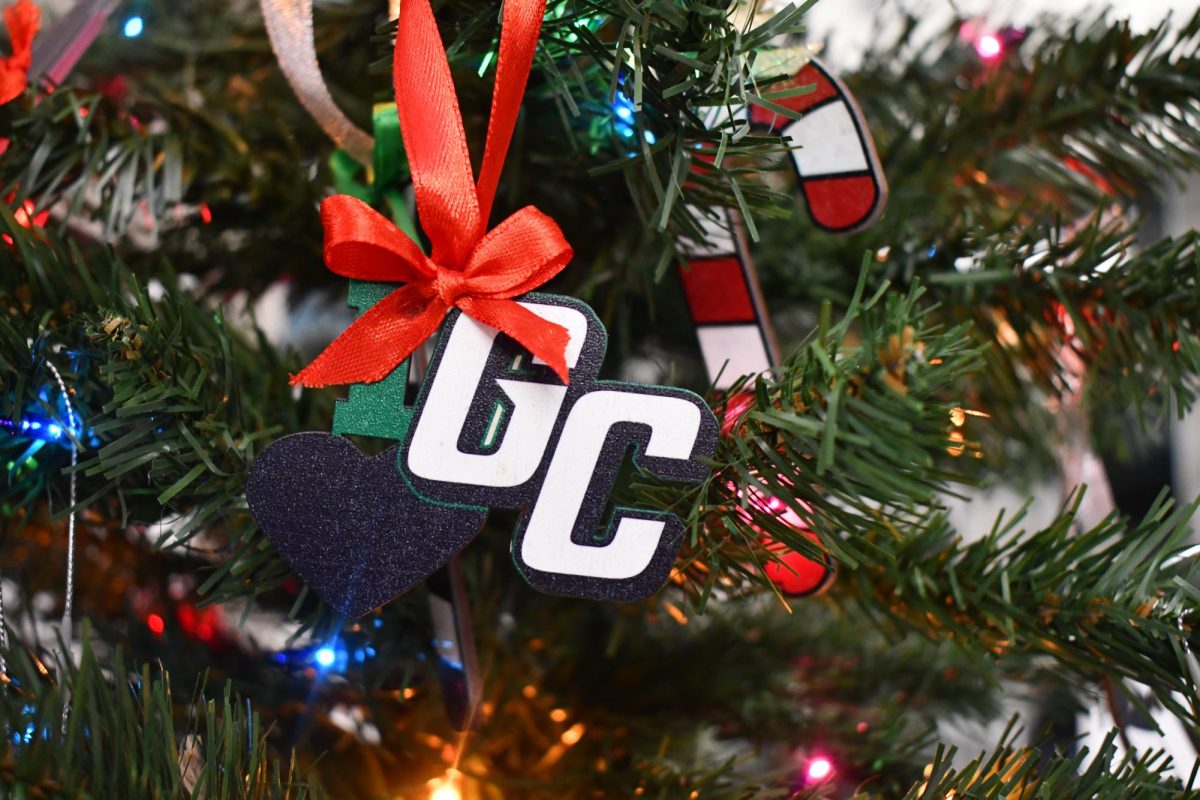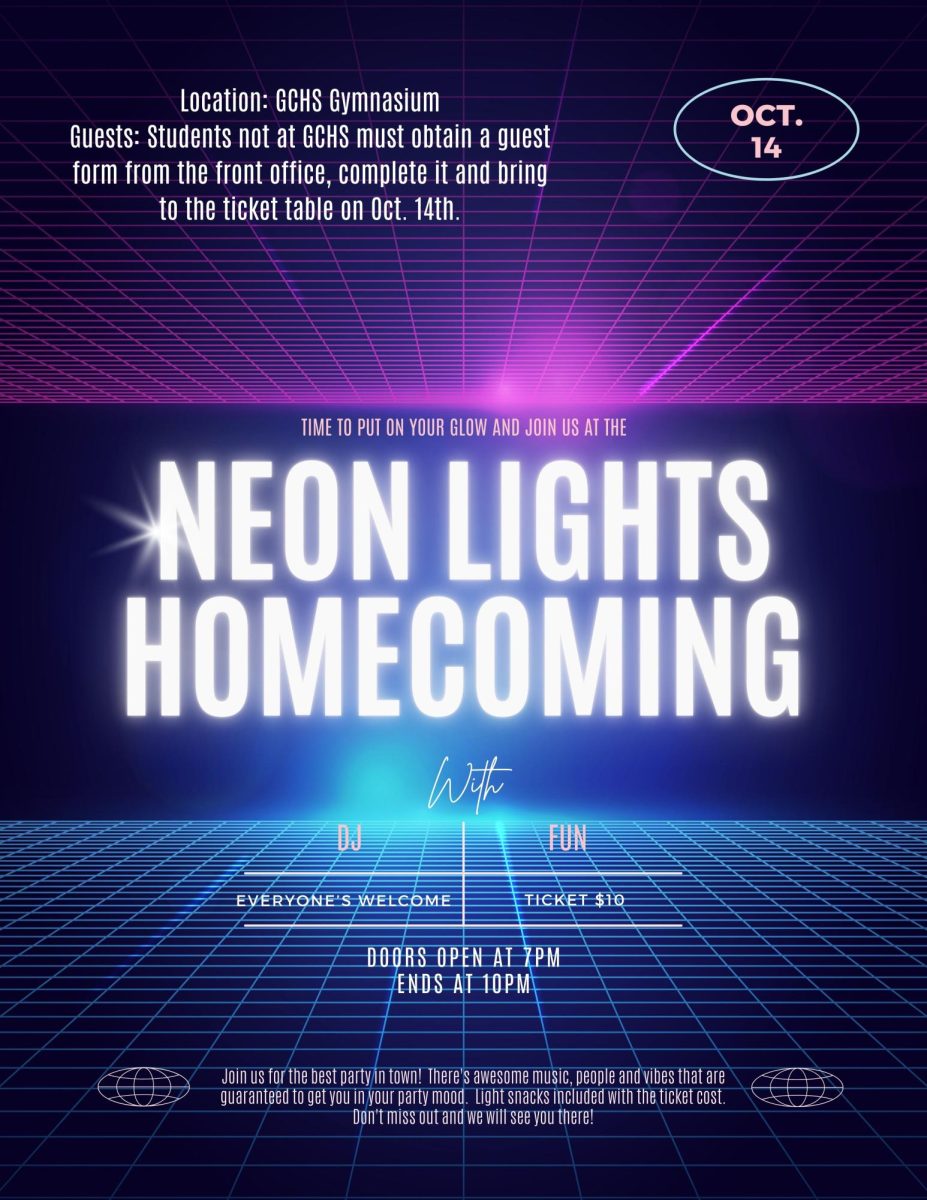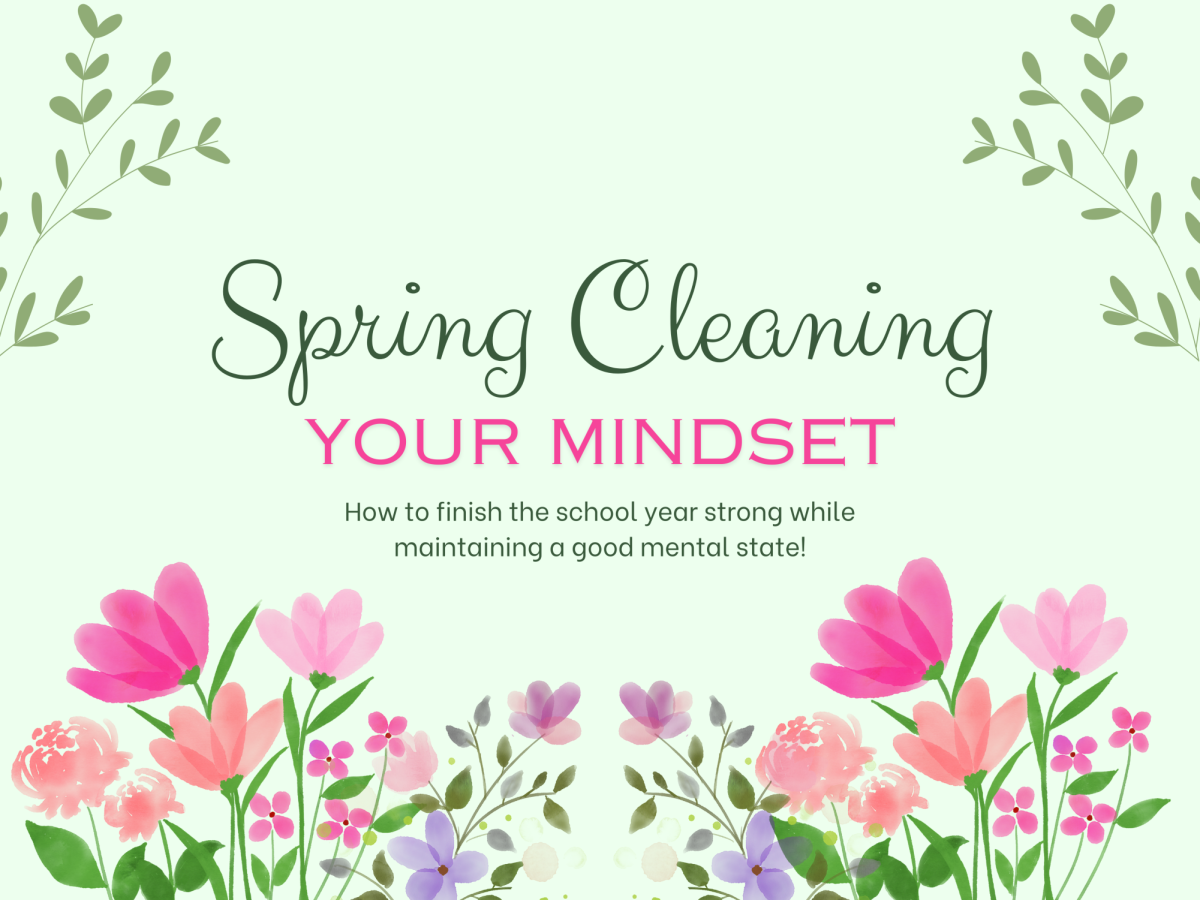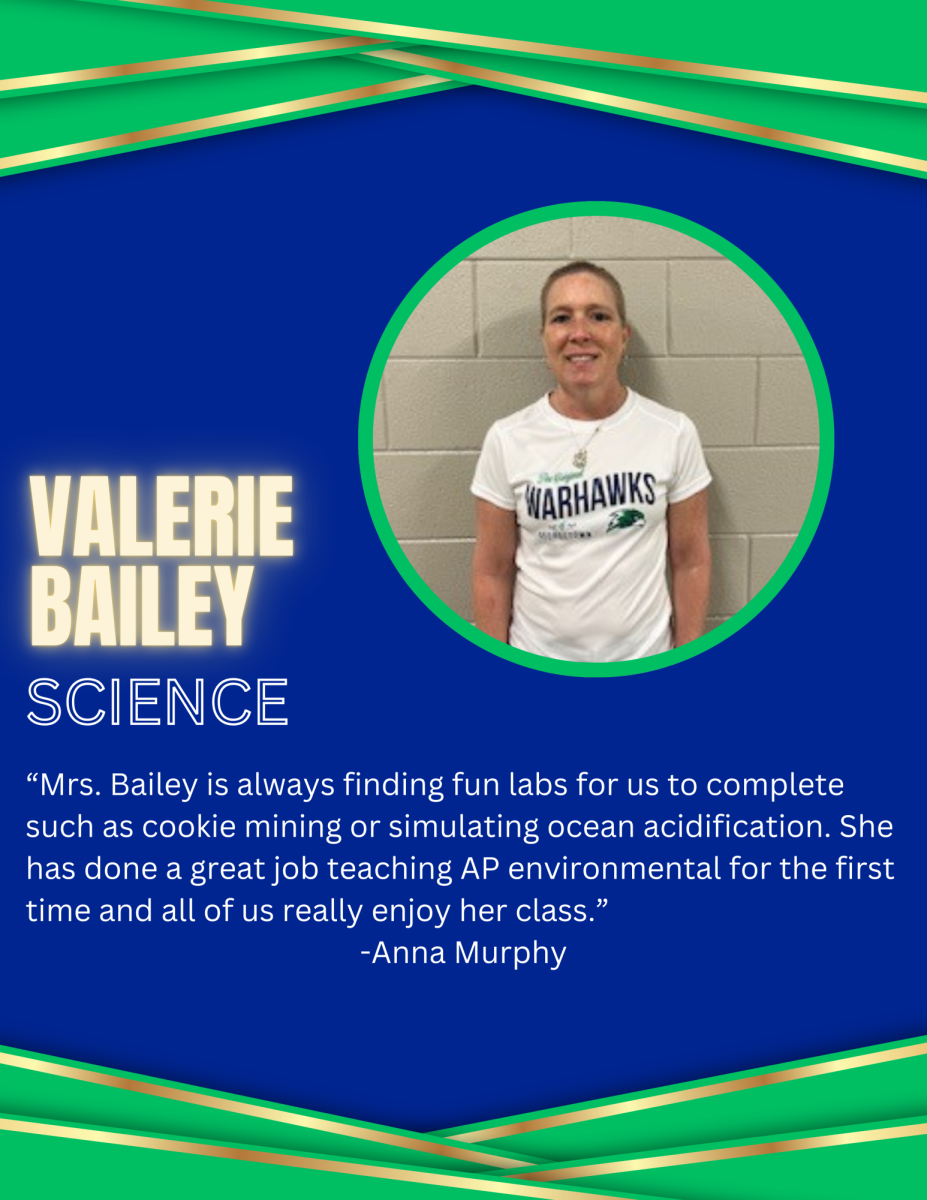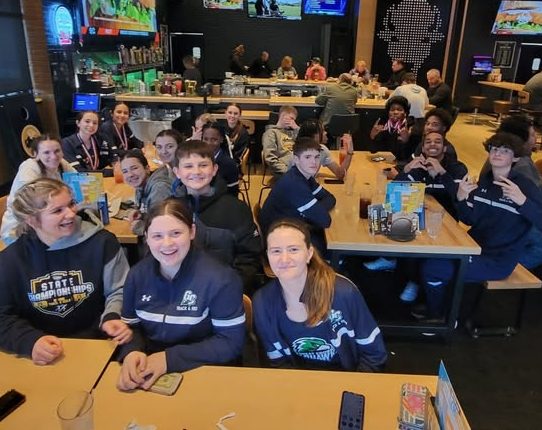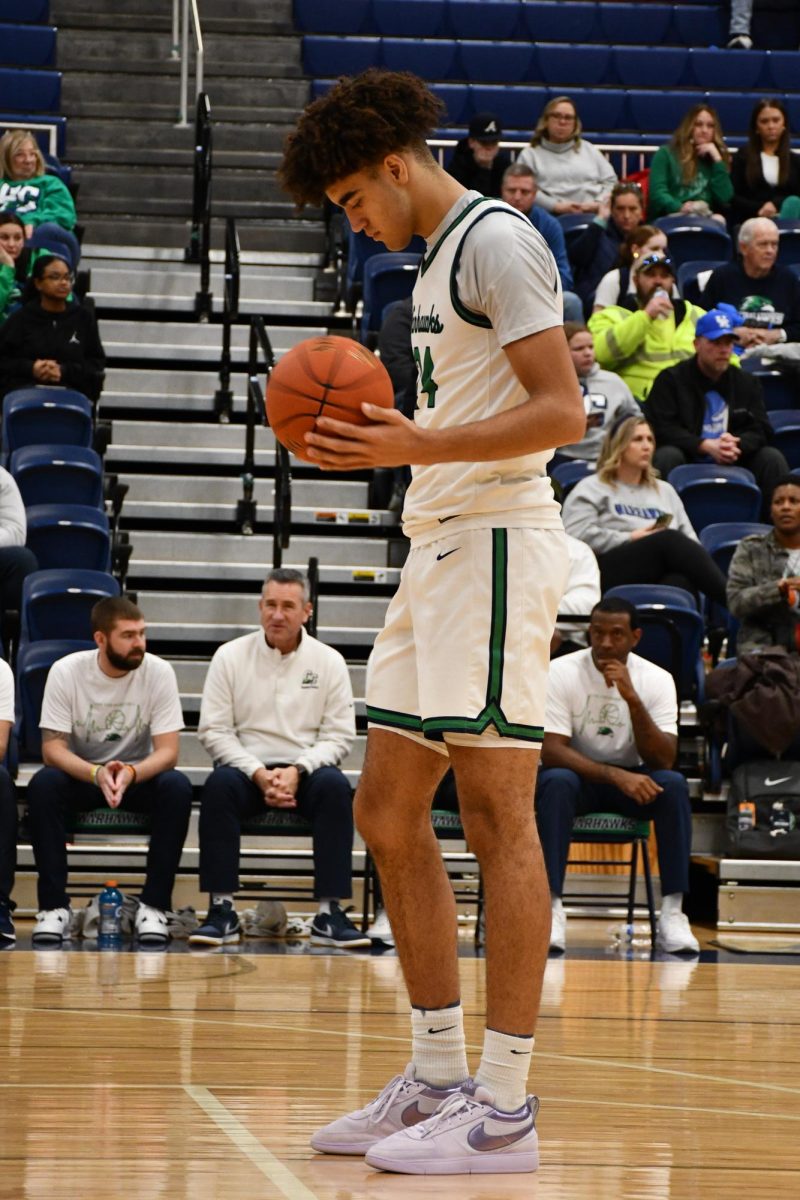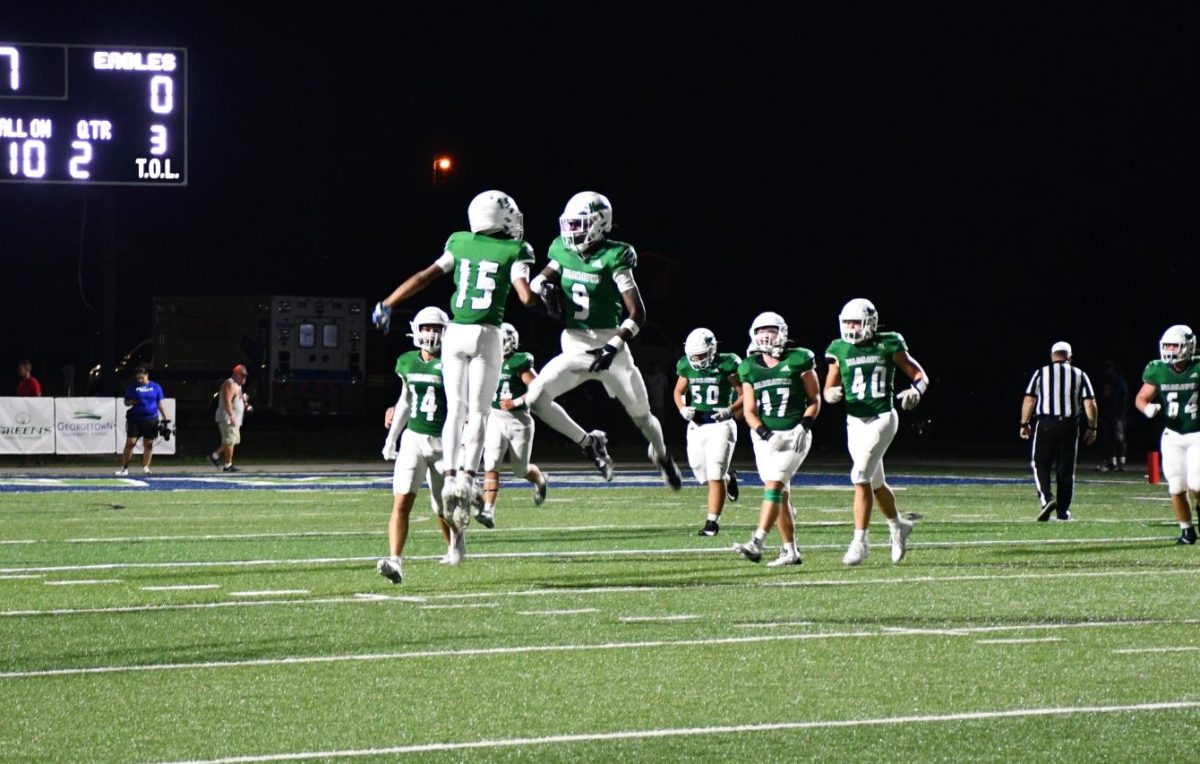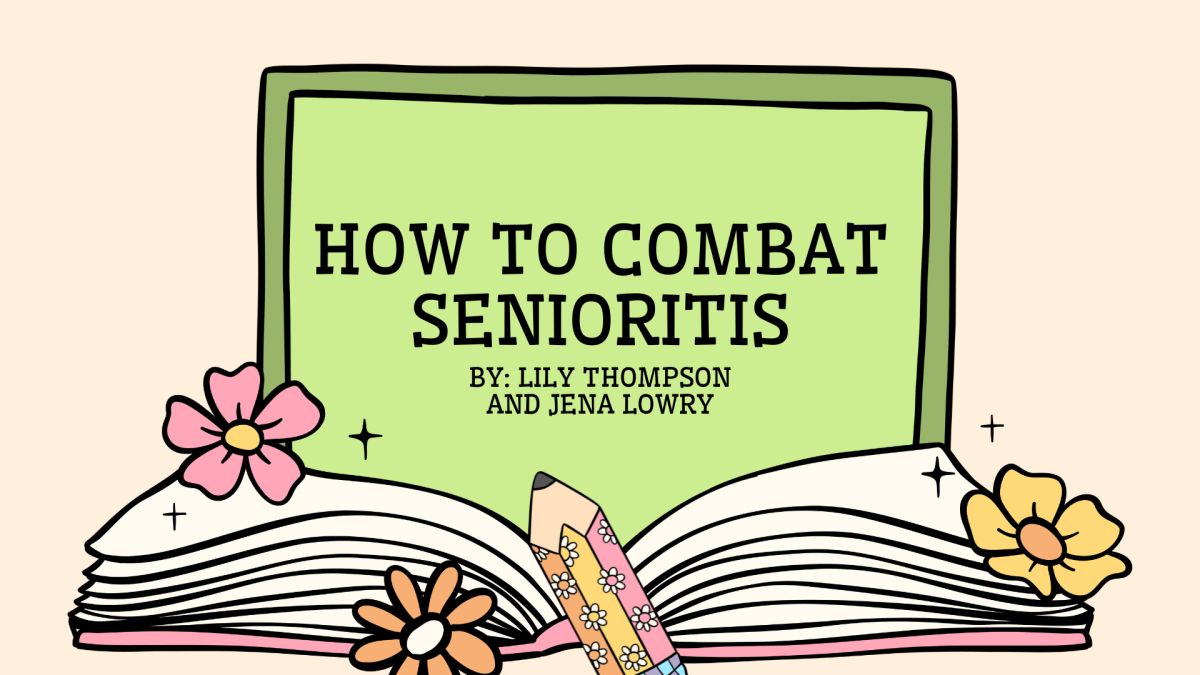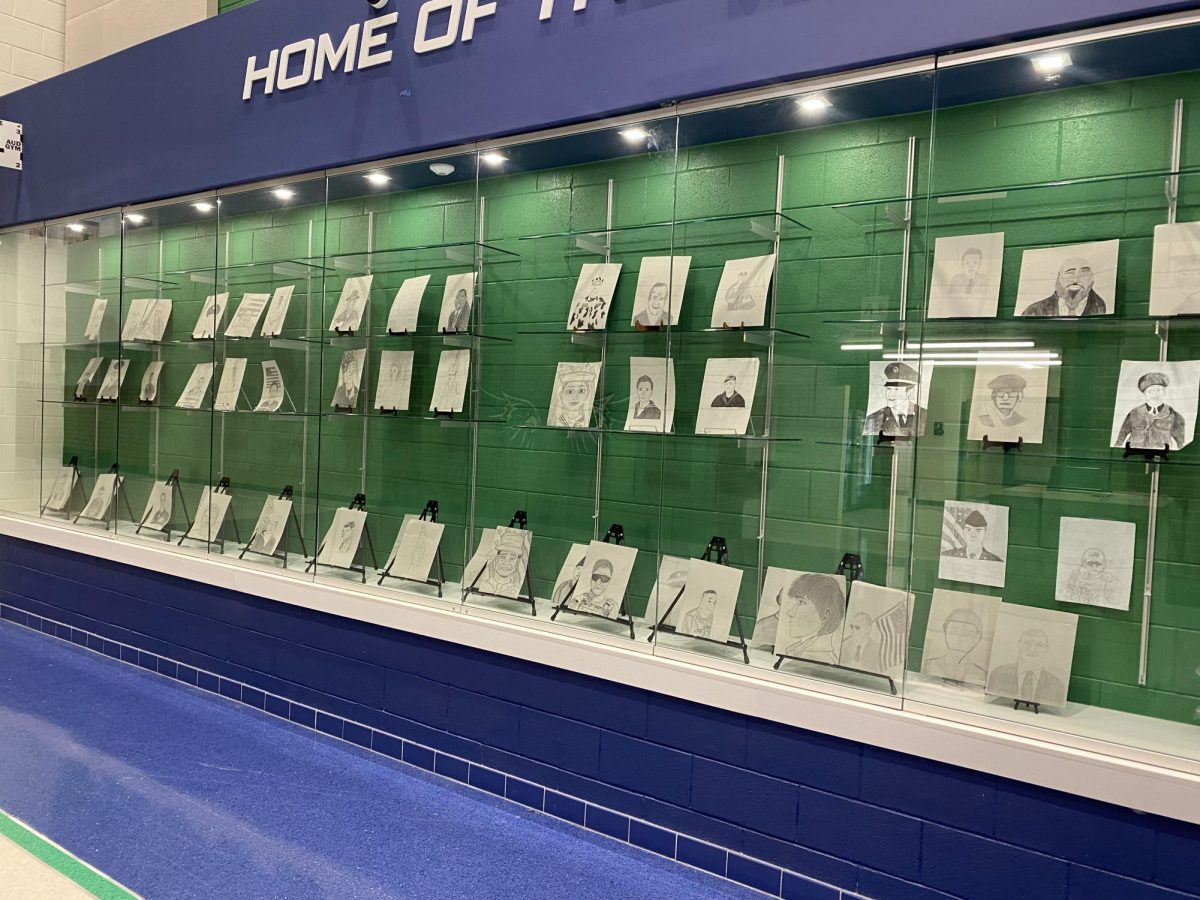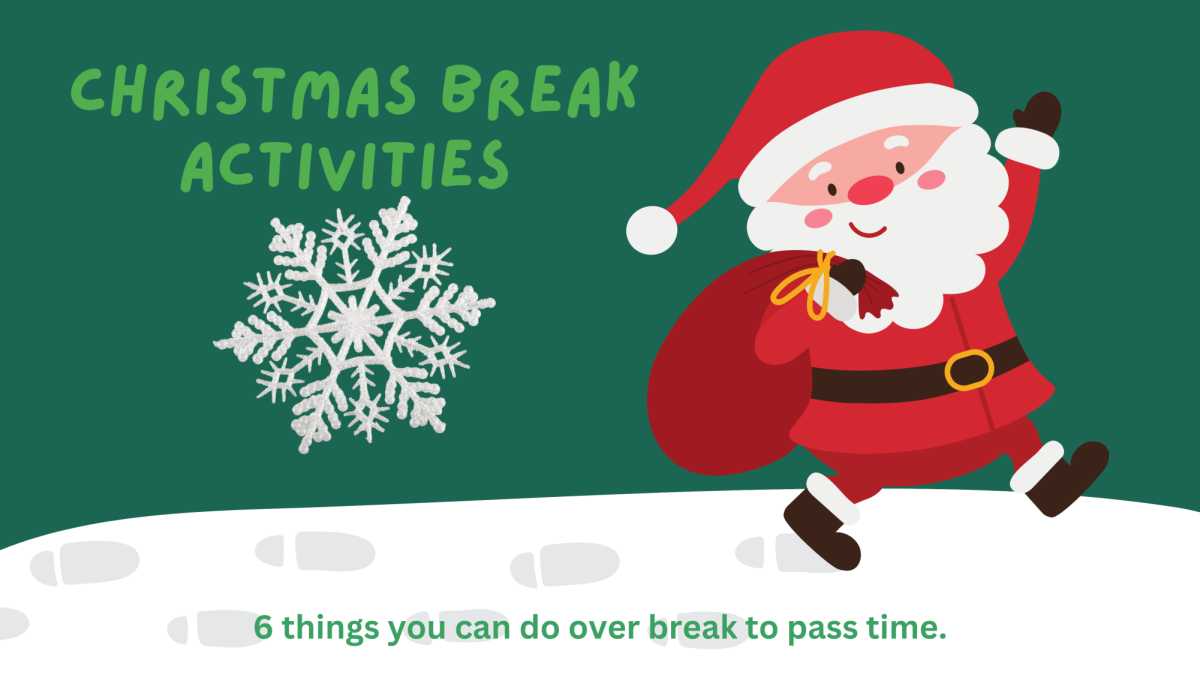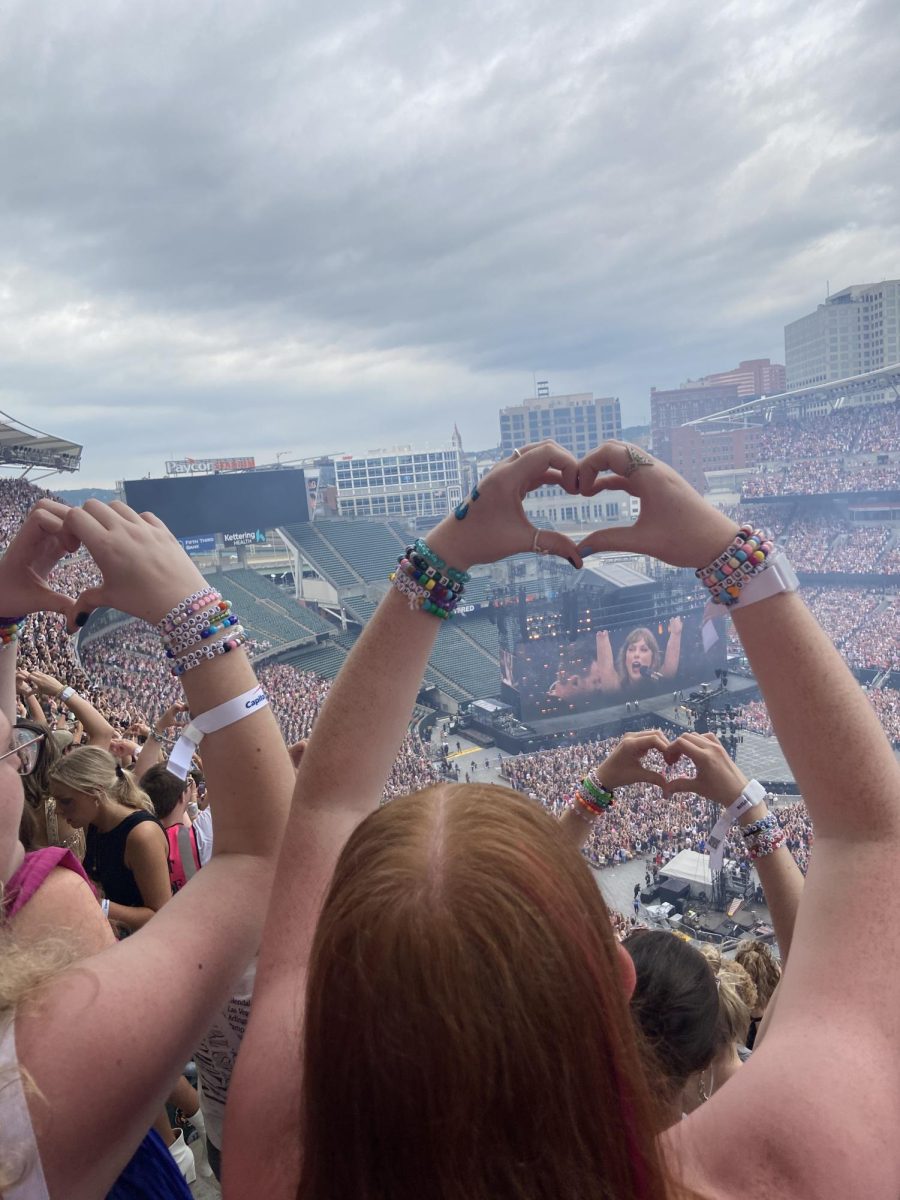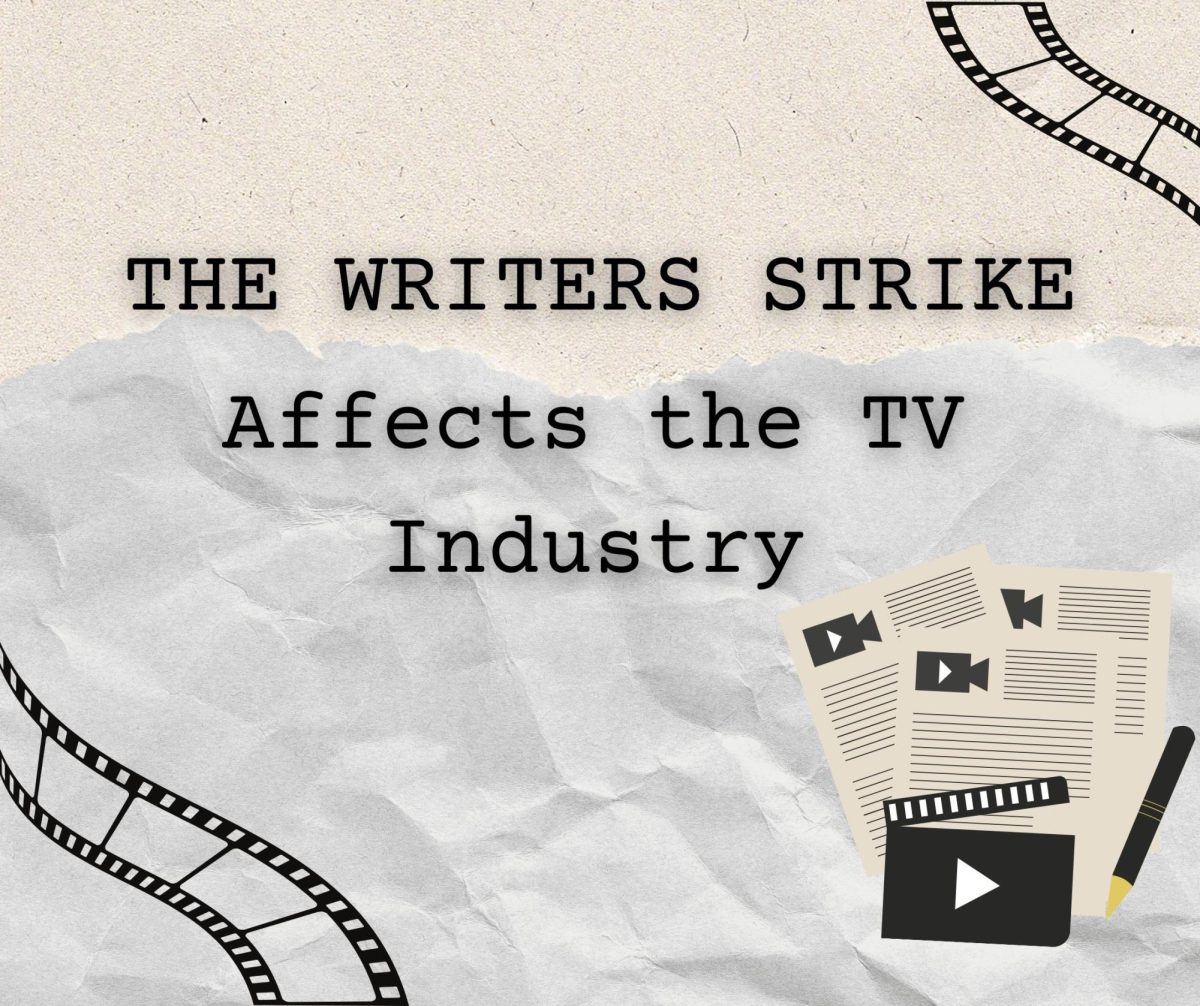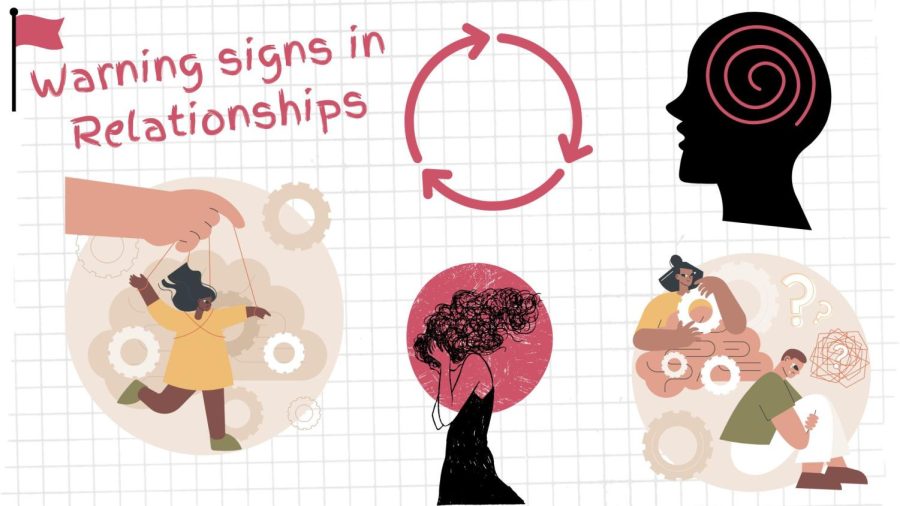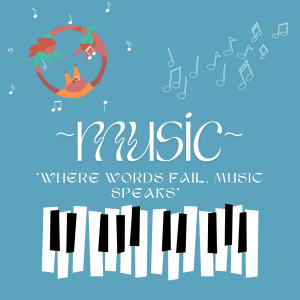Know the Warning Signs for Toxic Relationships to Stay Safe
While most relationships are healthy and strong, knowing the warning signs for a toxic one can help both teens and adults.
February 8, 2023
Throughout one’s lifetime, relationships help bring one happiness and help with living a fulfilling life. These connections come with a wide variety of rewards. These can include having someone to share their life with and having a support person during tough times. Whether it is a parental figure, a close friend, or a significant other, these relationships are important. However, relationships are not always picture perfect.
For example, for a relationship to be a strong one, people are expected to support and lift their peers up, listen to them, and be there for them; yet, sometimes those expectations are not met. People–especially teenagers–are still learning how to do all of these things throughout their experience with the other person, and it is not always easy to support the needs of the other person in the relationship. Sometimes friends end up hurting the other or themselves in a relationship without even realizing it. But other times it is intentional, and when friends start to take advantage of that bond, toxic relationships can form. Relationships work best when they are balanced and both people feel benefited and validated.
While the majority of relationships are positive, some can be harmful to a person. There are many major warning signs that can signal a harmful relationship. The more harmful signs include toxic behaviors like manipulation and narcissism. All of these behaviors tie in to a tactic that can develop from a relationship called “gaslighting”. Gaslighting means to manipulate someone using psychological methods, such as manipulation, into questioning their own sanity or powers of reasoning. A way to tell if someone is being a gaslighter is if they act as if they don’t remember saying something, they are controlling and possessive, or they act as a constant put-down.
Emily Boll is a college intern assisting director Cheri Risher in the Youth Services Center. She has experienced gaslighting firsthand. Boll said, “There was a guy I was talking to, and he’d talk differently about me to other people. When they told me, I didn’t listen. He was two-faced: acting one way around me to stay with me, and saying things behind my back to others. He did not take my emotions into consideration. He often acted as if I was overreacting when I confronted him about it.”
Some warning signs of a toxic relationship are less severe, but still harmful. These signs–like taking criticism poorly, poor communication, etc–are issues that can still be resolved before they take a turn for the worse with the right communication. It is important to be cautious of even the less-serious signs because they can lead to relationship problems in the future. “I had a relationship where my partner always made excuses and backed out of the plans we made. I always thought it was suspicious, but I ignored it. I found out that he had been cheating on me later,” said junior Dalia Aldan. “He also overstepped the boundaries I made for myself.”
“When it comes to relationship warning signs, the best way to handle it is early, honestly and fairly. Open an honest dialogue with your partner, express your concerns and feelings, and let them do the same,” Risher said. “Keep your needs in mind, communicate clearly and often, and try to keep your emotions in check. In some cases, you may want to seek help from a professional, like a counselor or therapist. It’s always important to be honest with yourself throughout the process, and to lean on family and friends if you need to.”
A gentle reminder that relationships are not a requirement to graduate high school. You know yourself, you know what is right for you. Amy Clayburn, assistant in the Family Resource center, said “It is not okay to try to fix someone by giving too much in a relationship. You have to leave enough of you to keep yourself healthy. Be patient with the other person, and remember to watch the way they treat other people so you will have an example for how they will treat you.”
For more information on how to handle unhealthy relationships, you may visit https://annbradenbooks.com/resources/resources-to-tackle-unhealthy-relationships/


